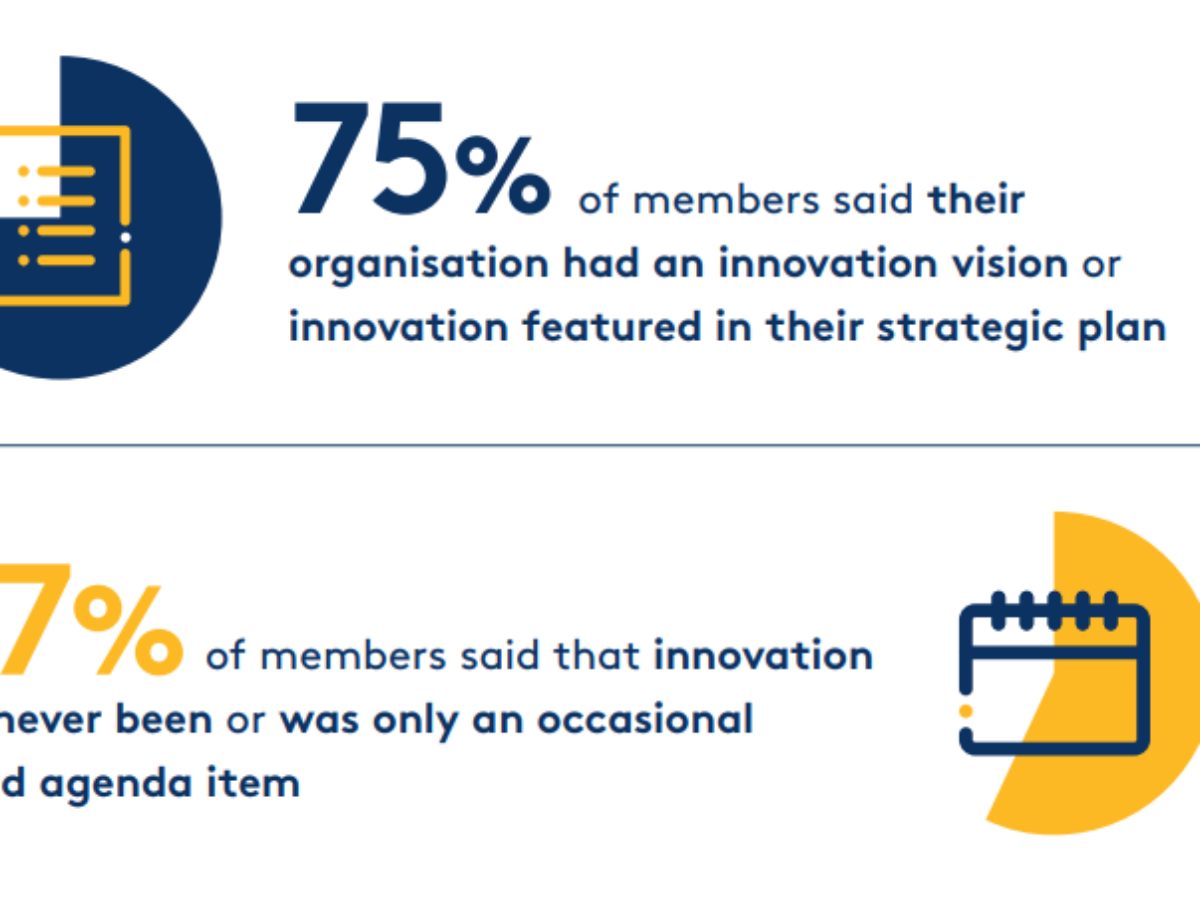Boardrooms need to get serious about innovation – AICD

Comment by Peter Roberts
Australia's business boardrooms need to get serious about innovation, with few recognising the urgent need to prioritise innovation, acording to a new report from the Australian Institute for Company Directors (AICD).
Given the current realities of Australian manufacturing, this is a comment that should be taken on board even more urgently by the sector.
The report, Driving Innovation: the boardroom gap, prepared with the University of Sydney business school, shows directors and boarsd are too often focussed on traditional, expecially financial risks.
It concludes: “Innovation should not be viewed as optional, or just a concern of the black t-shirt millennials of technology companies.
“It is a central part of corporate strategy and risk management, two core responsibilities of the board.”
There is a general failure to prioritise innovation across all sectors of business.
We have a director community that feels overwhelmed by internal and external pressures, and struggles to look up and see what is on the rapidly approaching horizon.
Part of this is due to the ease with which growth was achieved in the formative days of the careers of many directors, now in their 50s and 60s.
At this stage of life, risk is seen as poisonous to having a long career as a director in later life.
And the study reveals that only three per cent of directors it surveyed had a scientific and technology background – begging the question of whether we have the wrong people on our boards.
The study said: “Australian boards lack critical technical and innovation skills, and need to increase access to specialist advice.
“More must be done to broaden the director talent pool to include individuals with science and technology backgrounds, as well as bringing in stronger international experience.”
Australian manufacturing is facing strong headwinds, remote from the biggest world markets, unloved by policymakers, with high labour costs and punishingly high energy costs.
In this environment innovation, driven by strategy and aimed at providing customer value, and supported by R&D is essential for survival, let alone maintaining prosperity.
It is not as though we are not good at balancing innovation and risk, when we bother to try. Biotechnology giant is one of many local companies that has delivered shareholders an annualised return of 30 per cent per annum for decades.
Yet at its crudest measure, R&D intensity in the economy has been falling since 2014.
It is no excuse to blame Canberra with ts confused and ineffective policies to support innovation – it is business, and boards that are responsible for investing in their own future.
Image: AICD
Subscribe to our free @AuManufacturing newsletter here.
@aumanufacturing Sections
Analysis and Commentary Awards casino reviews Defence Gambling Manufacturing News Online Casino Podcast Technology Videos





